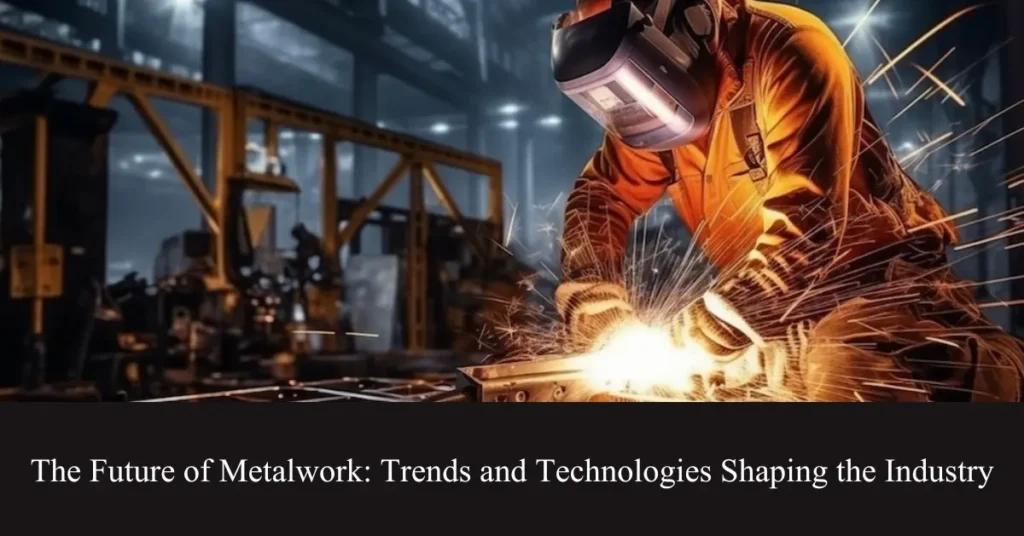Metalwork is an essential part of our daily lives, shaping the tools and products we use. From simple household items to complex machinery, metalwork plays a crucial role in almost every industry. With constant advancements in technology and changing consumer demands, the future of metalwork is constantly evolving.
In this article, we will explore some of the trends and technologies that are shaping the metalwork industry and what we can expect in the future.
Technological Advancements in Metalwork
Technology has always played a significant role in the metalwork industry, from traditional forging techniques to modern CNC machining. In recent years, there have been rapid advancements in technology that are changing the way we approach metalwork.
3D Printing
One of the most significant technological advancements in metalwork is the use of 3D printing. This process involves creating a three-dimensional object from a digital file by depositing layer upon layer of material. 3D printing has been around for a while but has gained popularity in the metalworking industry in recent years.
One of the main benefits of 3D printing in metalwork is its ability to create complex and intricate designs that were once impossible with traditional machining methods. It also allows for faster production and reduces waste, making it more cost-effective.
Automation
Automation is another trend that is shaping the future of metalwork. With the use of robots and computer-controlled machines, tasks such as welding, cutting, and bending can be done with precision and speed. This not only increases efficiency but also reduces labor costs and improves safety in the workplace.
With advancements in artificial intelligence and machine learning, we can expect to see even further automation in the metalwork industry in the future.
Internet of Things (IoT)
The Internet of Things (IoT) is a network of interconnected devices that can communicate with each other without human intervention. In the metalwork industry, IoT is being used to improve process efficiency and optimize production.
For example, sensors can be placed on machines to collect data and monitor performance, allowing for predictive maintenance and reducing downtime. This technology also enables real-time monitoring of the production process, making it easier to identify and address any issues that may arise.
Sustainable Metalworking Practices
As global awareness of environmental issues grows, so does the demand for sustainable practices in all industries, including metalwork. Here are some of how the metalworking industry is moving towards sustainability.
Recycling and Reusing Materials
Metal recycling has been around for a long time, but with advancements in technology, it has become more efficient and cost-effective. By using recycled metals in the production process, manufacturers can significantly reduce the environmental impact of their operations. Not only does this practice decrease the demand for virgin raw materials, but it also reduces energy consumption and greenhouse gas emissions associated with metal production. In addition, the development of advanced sorting and processing technologies has improved the quality of recycled metals, making them more comparable to their newly mined counterparts.
Energy-Efficient Equipment
Another way the metalworking industry is promoting sustainability is through the use of energy-efficient equipment. For instance, modern brazing furnaces are designed to minimize energy consumption while maximizing production efficiency. These furnaces use advanced insulation materials and heat recovery systems to reduce heat loss, making the brazing process more environmentally friendly. By adopting such energy-efficient technologies, metalworking businesses can significantly lower their operational costs and carbon footprint, aligning their practices with global sustainability goals.
Conclusion
The metalworking industry is constantly evolving, and technological advancements continue to shape its future. With the use of technologies like 3D printing, automation, and IoT, we can expect to see more complex designs, increased efficiency, and improved safety in metalwork production. Along with these advancements, the industry is also moving towards sustainable practices by recycling materials and using energy-efficient equipment. As we move towards a more sustainable future, the metalworking industry will play a significant role in shaping it.
